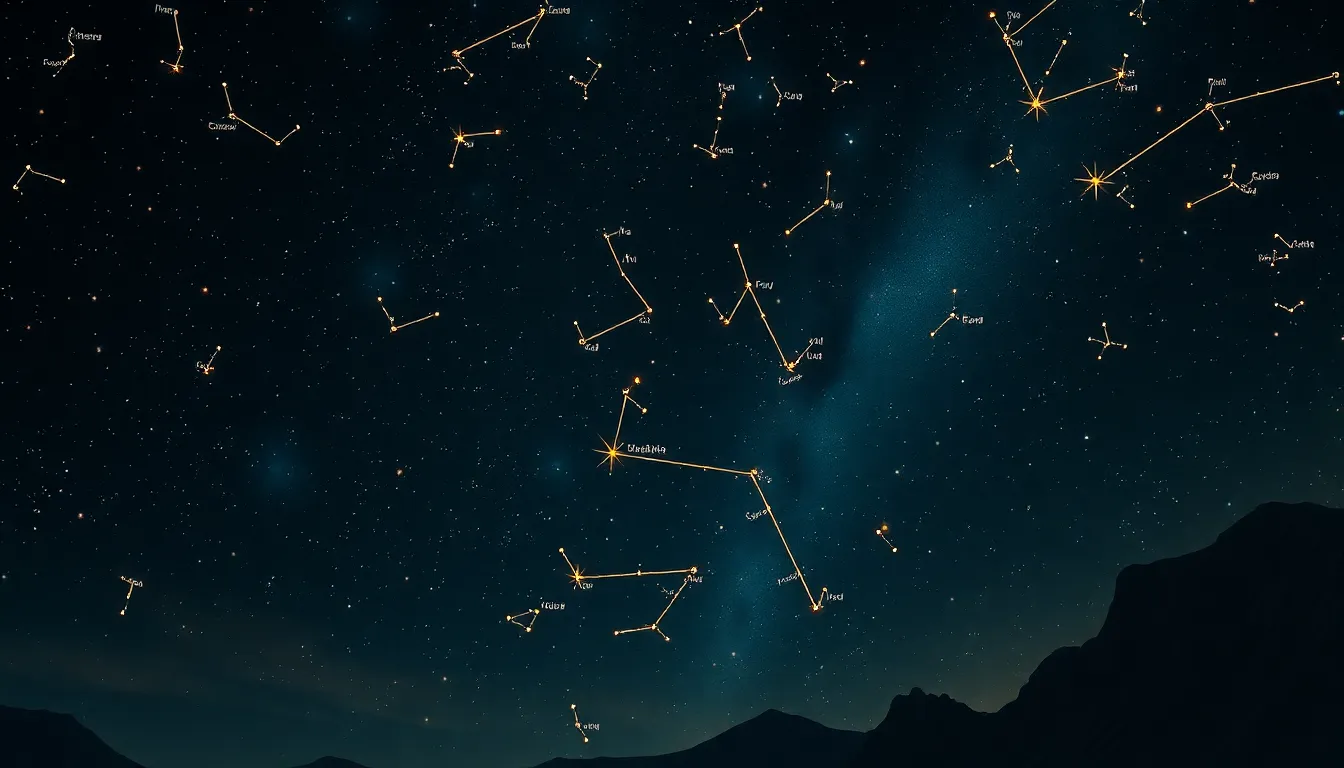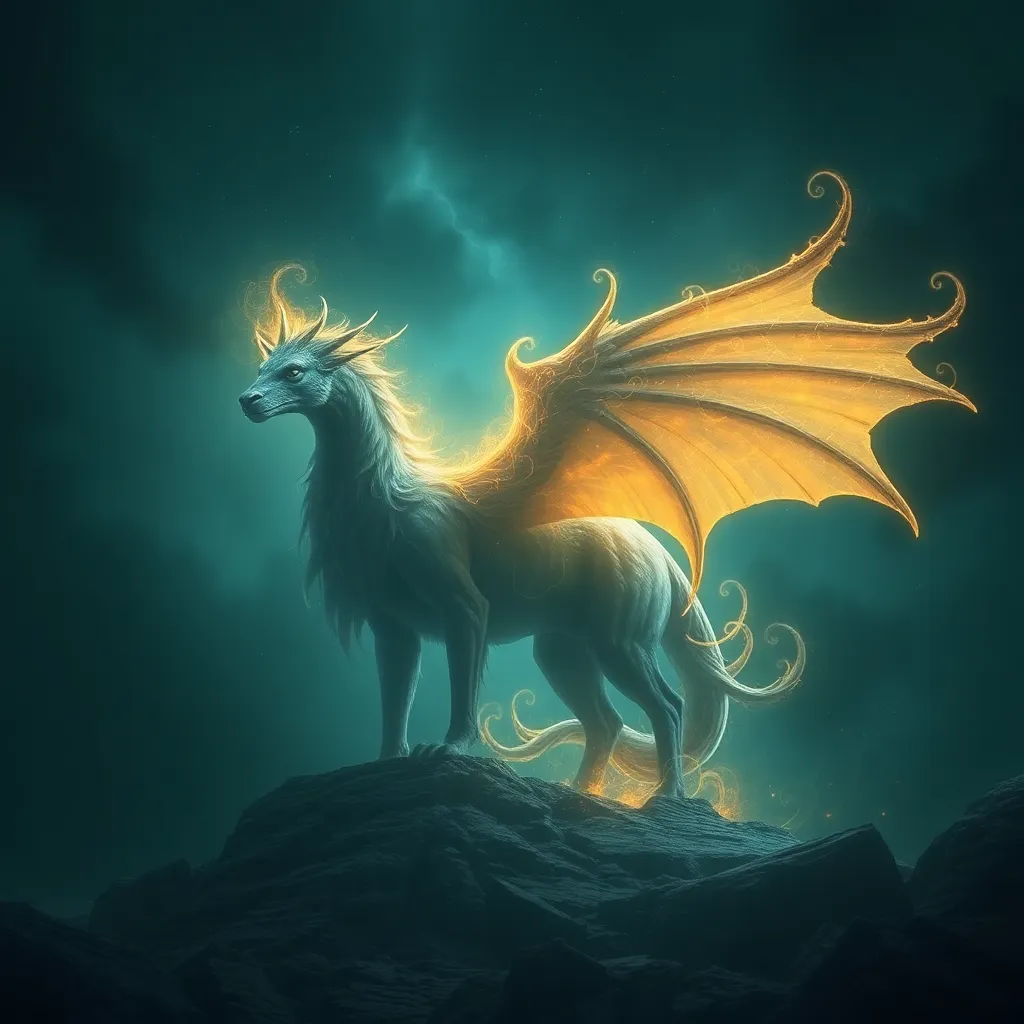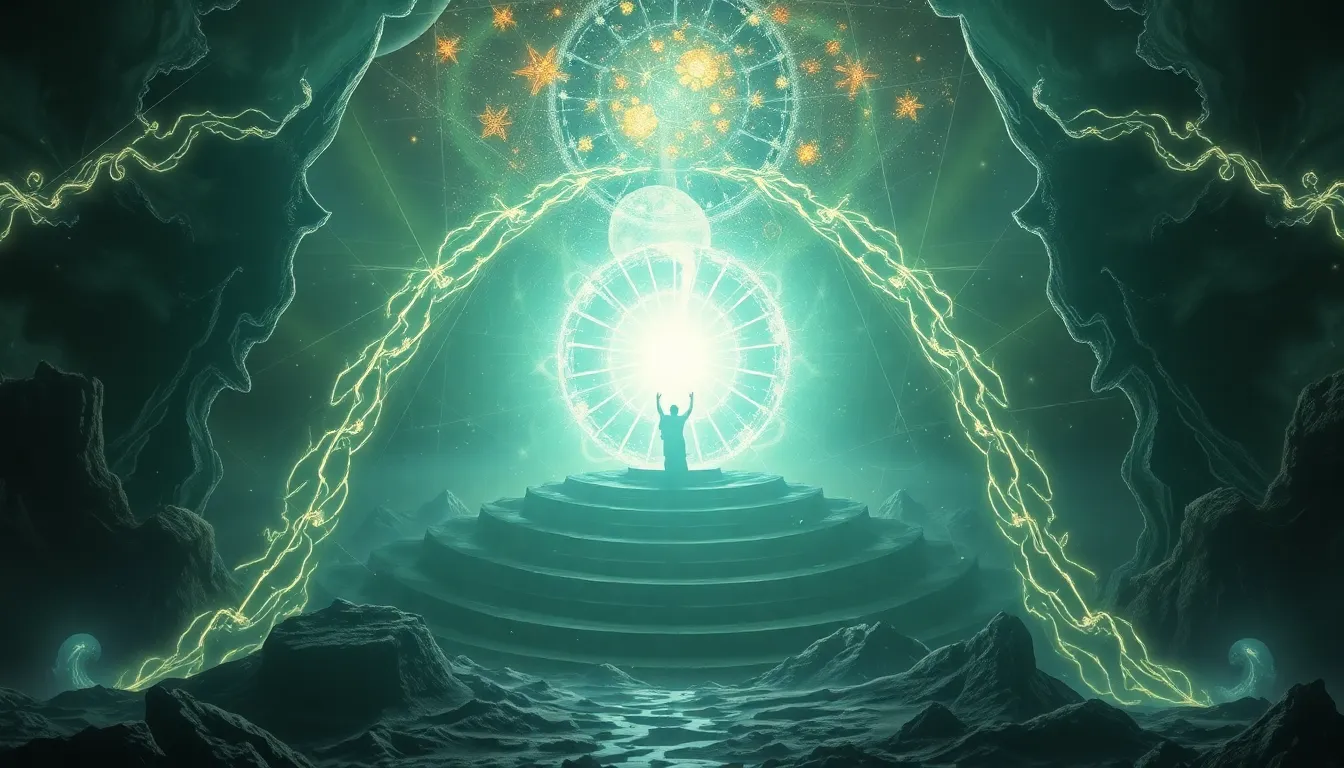The Sacred Shark: Power and Fear in Ocean Lore
Introduction: The Dual Nature of Sharks in Human Culture
Sharks have captivated human imagination for centuries, embodying a complex duality as symbols of both power and fear. These majestic creatures of the deep have long been woven into the fabric of various ocean folklore and mythologies, often representing the raw energy of the ocean as well as the dangers it harbors. From ancient civilizations to modern storytelling, sharks have served as potent symbols that reflect humanity’s respect and trepidation for the natural world.
Historical Perspectives: Sharks in Ancient Civilizations
The reverence for sharks can be traced back to ancient civilizations, where they played significant roles in mythologies and cultural narratives.
- The role of sharks in the mythology of Pacific Islanders: Many Pacific Island cultures view sharks as sacred creatures. They are often considered as guardians of the ocean, and their presence is believed to bring good fortune.
- Ancient Mediterranean cultures and their reverence for sharks: In ancient Greece, sharks were associated with the god Poseidon, symbolizing both the power of the sea and its unpredictability.
- Sharks in Indigenous North American narratives: Various Indigenous tribes, particularly those on the coasts, incorporated sharks into their lore, often depicting them as powerful beings that could navigate both the physical and spiritual realms.
Sharks as Symbols of Power in Ocean Lore
In many cultures, sharks are viewed as totemic figures representing strength and resilience.
- The shark as a totemic figure in tribal societies: Sharks are often seen as protectors, embodying qualities such as courage and ferocity that tribes aspire to emulate.
- Depictions of sharks in art and literature as symbols of strength: From carvings on ancient artifacts to contemporary literature, sharks are often portrayed as formidable forces, commanding respect and admiration.
- The concept of shark guardianship in various cultures: Some cultures believe that certain individuals are chosen as shark guardians, tasked with protecting both the sharks and the ocean’s health.
Fear and Misconceptions: The Dark Side of Shark Legends
Despite their revered status, sharks are often shrouded in fear, largely due to misconceptions and sensationalized media portrayals.
- The origins of the “man-eating shark” myth: This myth has been perpetuated by historical incidents and popular media, leading to widespread fear that overshadows the ecological importance of sharks.
- Media portrayal of sharks and its impact on public perception: Films like “Jaws” have contributed to a cultural narrative that frames sharks as ruthless killers, influencing public attitudes and policies towards them.
- Case studies of shark attacks and their cultural repercussions: High-profile shark attacks often lead to community panic and can result in detrimental consequences for local shark populations.
Sharks in Mythology: Deities and Spiritual Beings
In various cultures, sharks are venerated as deities and spiritual beings, reflecting their powerful presence in the ocean.
- Notable shark deities across different cultures: Many oceanic cultures have deities that embody the essence of sharks, such as the Hawaiian god Kanaloa, who is associated with the ocean and its creatures.
- Rituals and practices honoring sharks in oceanic communities: Some coastal communities engage in rituals that pay homage to sharks, believing these practices ensure harmony between humans and the ocean.
- The spiritual significance of sharks in modern belief systems: Today, some groups continue to see sharks as symbols of spiritual journeys, reinforcing their sacred status.
Environmental Impact: Sharks in Ecosystem Lore
Sharks are not just cultural icons; they play a crucial role in maintaining the health of marine ecosystems.
- Sharks as apex predators and their role in marine ecosystems: As apex predators, sharks help regulate species populations, ensuring a balanced marine environment.
- Folklore surrounding the balance of nature and shark conservation: Many cultures have stories emphasizing the importance of sharks in maintaining oceanic balance, highlighting the need for their protection.
- The impact of overfishing and habitat loss on shark populations: Due to overfishing and habitat destruction, many shark species face extinction, prompting urgent conservation efforts.
Modern Interpretations: Sharks in Contemporary Culture
In recent years, the portrayal of sharks has evolved, reflecting changing attitudes and a growing appreciation for their role in the ocean.
- The evolution of shark imagery in film and media: While early films often portrayed sharks as villains, newer media are beginning to present them as misunderstood creatures vital to marine ecosystems.
- The rise of shark conservation movements and their cultural narratives: Grassroots movements are emerging, focusing on educating the public about the ecological importance of sharks and promoting their conservation.
- Sharks in popular culture: from fear to fascination: The transition from fear to fascination is evident in documentaries and social media, where sharks are celebrated for their beauty and role in the ocean.
Cultural Practices: Rituals and Festivals Celebrating Sharks
Coastal communities often engage in cultural practices that celebrate the significance of sharks.
- Festivals dedicated to sharks in coastal communities: Events like the Shark Festival in Cape Town highlight appreciation for sharks through educational programs, art, and cultural expressions.
- Traditional practices of shark hunting and its cultural implications: Some cultures have long-standing practices of shark hunting, which are often imbued with rituals that honor the creature and ensure respect for its life.
- The role of storytelling in preserving shark lore: Oral traditions play a crucial role in passing down knowledge about sharks, their significance, and the importance of conservation.
Conservation and Cultural Identity: The Future of Sharks in Ocean Lore
The future of sharks in ocean lore is closely tied to cultural identity and conservation efforts.
- The intersection of cultural identity and shark conservation efforts: Many communities recognize that preserving sharks is integral to their cultural heritage and identity.
- Community-based initiatives that blend tradition with preservation: Programs that involve local communities in conservation efforts often draw from traditional knowledge, fostering a sense of stewardship.
- Future challenges for sharks in folklore and reality: As environmental challenges grow, communities must navigate the balance between cultural practices and the need for conservation.
Conclusion: The Sacred Balance of Power and Fear in Ocean Lore
The complexities surrounding sharks in human culture reveal a sacred balance of power and fear. As symbols of strength and guardians of the ocean, sharks demand respect and preservation. Understanding their role in both folklore and ecosystems is essential for fostering a harmonious relationship between humans and these magnificent creatures. It is imperative that we continue to protect and honor sharks, ensuring that they remain a vital part of our oceanic lore and the health of our seas.




